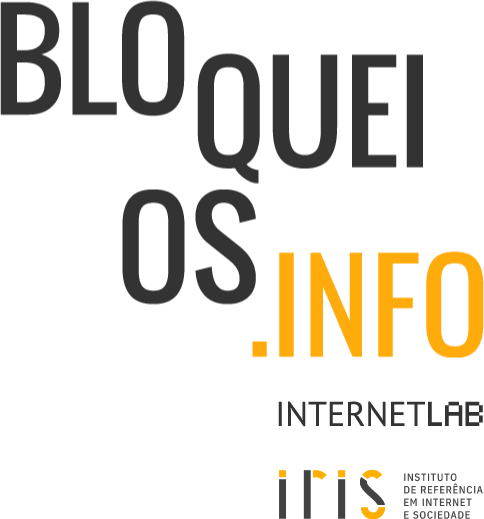Non-compliance with court order to remove profiles
On August 30, 2024, Supreme Court Justice Alexandre de Moraes ordered the blocking of X (formerly Twitter) in Brazil after the company failed to respond to several judicial orders involving content removal in Brazil.

